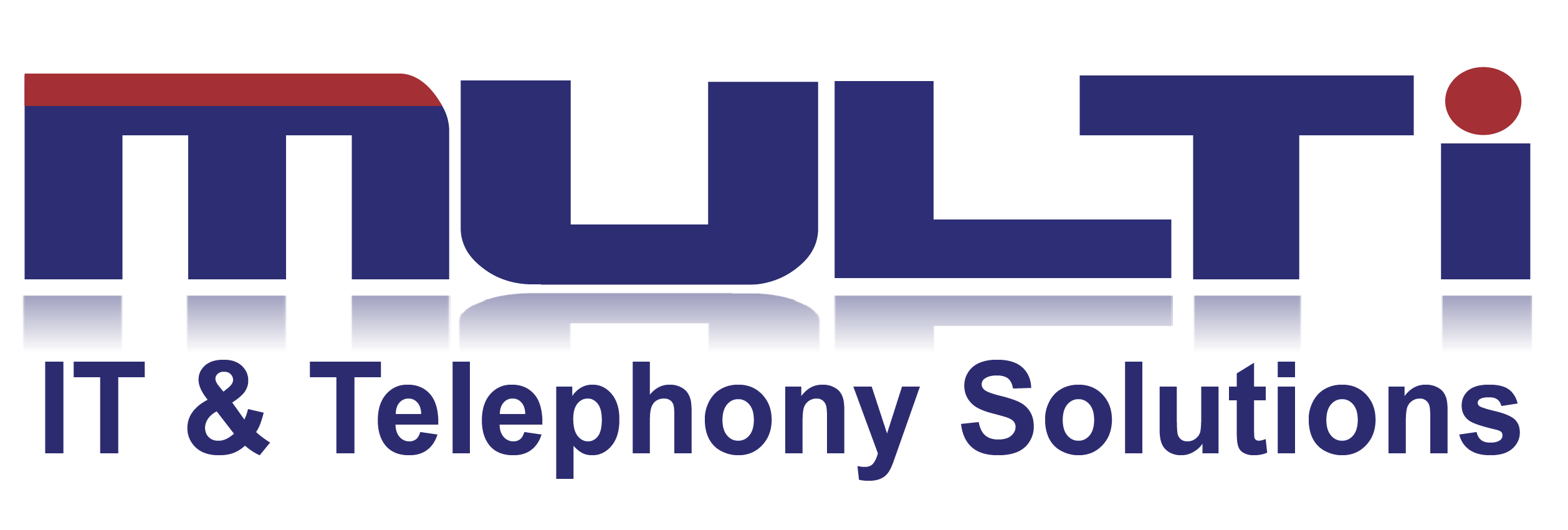The upcoming holidays can be rife with cyber-crime. Many of us are experiencing the joys of the season and may be less inclined to keep our guards up. Crooks know this and respond by bringing their A game. Here are some key areas of concerns as well as a few tips to avoid getting hacked:
Public Wi-Fi
Use public Wi-Fi networks sparingly and certainly not for viewing personal or financial information. These open and free networks are very low hanging fruit for cyber thieves who are known for frequenting malls, airports, train stations, bus terminals, coffee shops and bars. You’ve already seen these people and had no idea what they were scheming to do. They are among us, and they’re eavesdropping.
Home Wi-Fi
Yes, this isn’t always your safest option. Ethernet cable connections are best for doing online transactions. For many, ethernet is not an option since many devices only provide Wi-Fi and cellular connections. In these instances, use a secure Wi-Fi (one which is password protected). If you are unsure if your Wi-Fi connection is secure, use your carrier’s personal hotspot provided; it’s 4G or LTE.
Fake credit card readers
Also known as scanners and often referred to as “skimmers” – these devices grab data off your card’s magnetic stripe. Criminals then use the data to create cloned cards or gain access to your bank account. Flimsy construction, poorly painted panels, over-sized or bulging materials, any type of exposed wiring, and other outliers that look out of the ordinary are dead giveaways. However, card readers are also showing up at mainstream establishments in nicer neighborhoods. And these devices may be more difficult to spot as criminal technology and ingenuity advance. You should also beware aware of nearby cameras when using any type of card reader. A well-placed camera can capture your PIN.
Malvertising
Malvertising is a fancy word for bogus ads that usually lead to sites that are not secure or have already been breached. The ads can also bear a 100% likeness to well-established companies. If you hover over the ad with your mouse, you can verify the URL. Misspellings and odd characters, sometimes in another language should tip you off not to go any further. For example, make sure you are on “amazon.com” not “amazonn.com” (a fake site). You should also beware of ads with offers that sound too good to be true. Most of us have seen these on Facebook and should apply the same healthy level of skepticism to other websites, unknown links and unexpected pop ups. Look for “https://” and avoid “http://”. Another way to check is to look for a lock icon, on the left, next to the URL in the address bar. If you get an alert from your browser that this site may not be safe, close the browser immediately.
Charity scams
Charity scams are rampant around the holiday season. Be wary of requests for donations received via email and phone. Always contact the organization directly to explore how you can help. Never take the word of someone who blindly reaches out to you via email or phone. Especially since phone numbers can be so easily spoofed.
Imitation products
When hot products sell out at brick and mortar stores, finding them online may be your only option. Criminals know this and set up fake web sites or sell imitation products. Make sure to buy from reputable sellers. Look for seller ratings on eBay, Amazon, etc. Do searches on the seller to see if no ratings exist. Look at the seller’s country of origin. If the price is too high or too low, these are bright red flags you cannot afford to ignore.
Baseline your finances and audit them frequently
Make sure you take inventory of credit card charges, balances, special accounts, retirement accounts and mortgages. This will be your baseline or a current snapshot of your authorized charges and balances. Once the holidays are over, gather the same financial information again and review it for unauthorized changes and charges. And, be sure to hone in on your credit cards; many of which have multiple protection features. If a fraudulent purchase is made, you have zero liability if you report it on time. Monitor your credit card charges frequently instead of waiting for the statement that will arrive after the holidays. If alerting and locking your cards is not enough, a credit freeze is always the ultimate safeguard. Cybercriminals love establishing credit in your name and this holiday season is no exception. If you have not frozen your credit with the major bureaus, now is a great time to make a move. You can always unfreeze it before making a major credit purchase.
Keep yourself and your business safe from criminals by making use of these Cyber-Safety tips. If you would like to know more give Multi IT a call on 011 435 0450.

